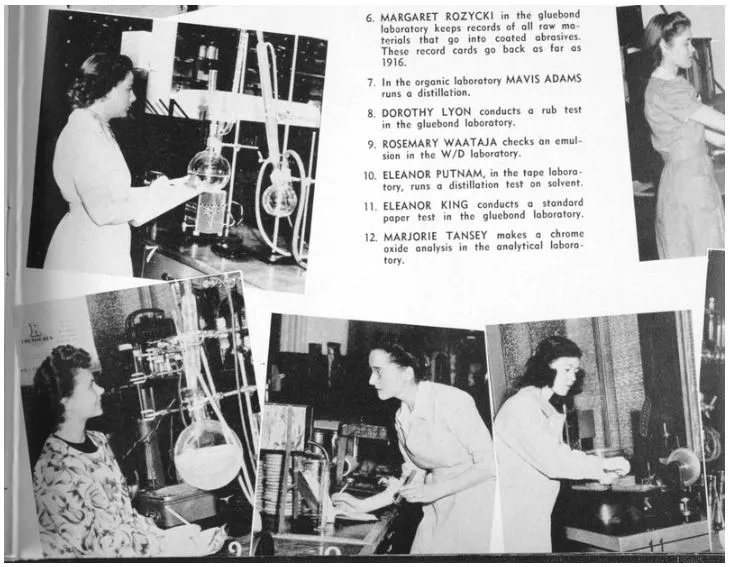1868: Minneapolis Coopers strike.
1868: About seventy-five Minneapolis and Saint Anthony Coopers (workers who make barrels) strike for 3-cents more pay per barrel, which would mean a $1.05 increase in their $20 weekly earnings; two Cooper leaders are arrested but the charges are later dropped.
One of the most important figures in the quest for better labor laws was a barrel maker, or cooper. His name was Chauncy W. Curtis and he’d helped coopers in their earliest attempts at unionism, served as president of the Workingmen’s Union, a political labor-reform, association, and was now splitting his focus on two efforts: first, the organization of the state’s assemblies of the Knights of Labor, a national association dedicated to organizing workers in all trades, and second, the establishment of worker-owned & operated stores and factories, or cooperatives.
Post-civil war industries and trades were so competitive that the system labors worked under was essentially industrial slavery. Cooperation was the strongest alternative to the current system. Cooperatives promoted equality and gave skilled workers equity in their own work. Chauncy W. Curtis himself had already established a number of cooperative factories and stories, but barrel cooperatives were constantly struck with the challenges of tumultuous prices, potential mechanization and fierce inter-industry competition with other organized barrel workers.
It wasn’t until the first flour mills took root in Minneapolis created a consistent need for thousands of barrels that the coopers of the region were able to leverage their skill for more attractive work conditions. The cooper industry boomed, more coopers flocked to the area and they almost imploded their own field. So, Chauncy Curtis and a handful of other coopers established Minneapolis’ first two cooperative shops, to protect their union’s right to fair pay.

